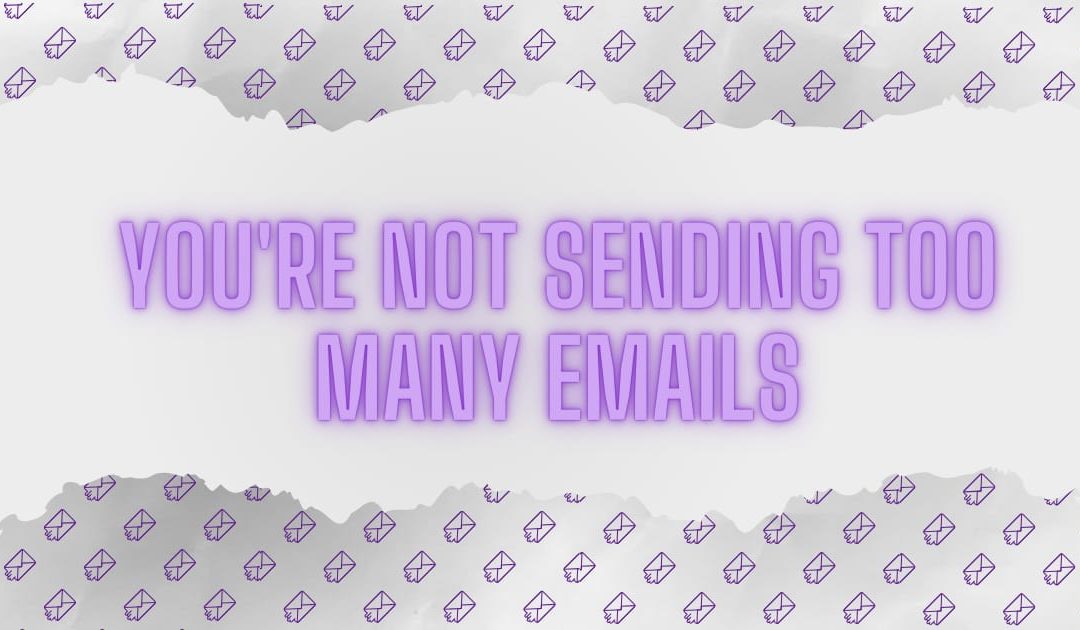It’s time for Bits & Bytes…
… where we bring you news, innovations, and thought-provoking insights from AI, IT, and beyond. In this week’s newsletter we’re looking at:
Ransomware gang steals compromising photos of patients
Adobe promises AI-powered video creation by year-end
Fewer satellites needed for high-speed internet thanks to new tech
IN THE SPOTLIGHT
🗞️ Patient Privacy Violated in Major Data Leak
One of Pennsylvania’s largest healthcare providers, Lehigh Valley Health Network (LVHN), has agreed to a $65 million settlement following a devastating ransomware attack. Cybercriminals, known as the ALPHV (BlackCat) gang, stole over 130GB of sensitive patient data, including nude photographs of cancer patients.
The breach compromised the personal information of 134,000 patients and staff, including names, addresses, Social Security numbers, and medical records. When LVHN refused to pay the ransom, ALPHV retaliated by leaking the stolen material online. Public outrage followed, leading to a class-action lawsuit. Patients accused LVHN of prioritizing its finances over their safety, highlighting a concerning gap in healthcare data security.
The $65 million settlement is one of the largest in a healthcare ransomware case, with patients receiving up to $80,000 based on the severity of their exposure. Although LVHN settled, it continues to deny any wrongdoing.
TL;DR
LVHN breached by ALPHV gang, exposing personal and medical data of 134,000 people.
$65 million settlement reached; some patients to receive up to $80,000.
Attack highlights vulnerabilities in healthcare cybersecurity and growing ransomware threats.
TECH HEADLINES FROM ACROSS THE WEB
⌨️️ Lazarus Hackers Exploit LinkedIn to Distribute Malware
Lazarus hackers just leveled up their LinkedIn scam game, posing as recruiters and dishing out “coding tests” that secretly download malware. The trick? Developers think they’re fixing bugs in a password manager, but really they’re just getting hacked. Lesson learned: if someone’s rushing you to deliver, it’s probably not your future employer.
🎥 Adobe’s New Text-to-Video Tool
Adobe Firefly is stepping into the AI video game, promising to turn your text and images into videos – for a whole five seconds. Features like Generative Extend and Text to Video are rolling out by the end of 2024, and while Adobe says they’ll spell things right (a first for AI), we’ll see if that’s enough to win over pros. Price? Who knows – but start saving those generative credits now.
📍 Amazon’s Remote Work Era Ends
In an ongoing quest to bring back 2019, Amazon is telling corporate staff to return to the office five days a week by January. CEO Andy Jassy says it’ll help boost collaboration and “move faster” – which really means no more WFH days. Also, expect fewer managers and more “individual contributors” as Amazon flattens its org structure.
TECH FOR GOOD
Thanks to some genius-level engineering from Princeton and Yang Ming Chiao Tung University, low-orbit satellites can now handle multiple users at once without needing extra antennas. This breakthrough means companies like SpaceX, with their 6,000+ Starlink satellites, could get by with way fewer flying objects cluttering up the sky—and save some serious cash while they’re at it.
The best part? Fewer satellites mean less space junk and fewer chances of things crashing into each other up there. With Amazon and OneWeb gearing up to launch their own satellite constellations, this new tech could be a game-changer for keeping our orbit less crowded and our internet speeds blazing fast.
Interested in contributing a story to next week’s tech newsletter? Hit us up and let’s collab 💥
The post This Week in Tech: Patient Data Stolen, Phishing Attacks on LinkedIn, and New Tech Promises Change 👾 appeared first on ChannelBytes.







